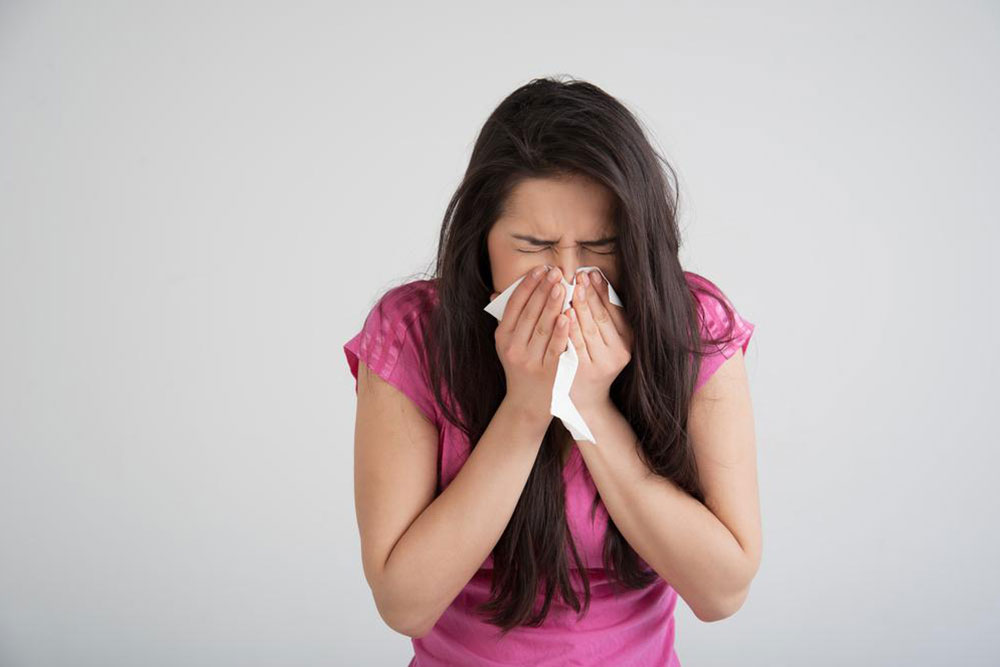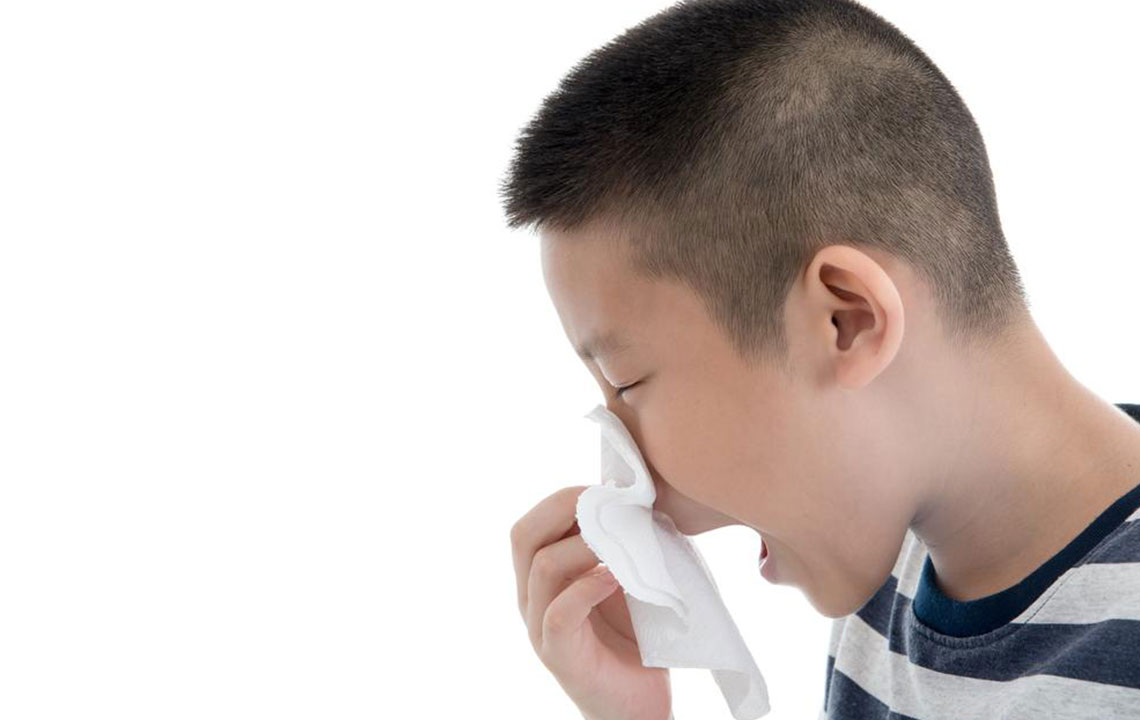Best Medications to Get Relief from Sinus Allergy
Sinuses are small cavities in the skull, which are normally filled with air. They produce mucus that aid in keeping the nasal passages clear and free from all pollutants or allergens. These cavities are lined with thin tissues. Inflammation of these tissues is called sinusitis, which leads to swelling or blockage of the sinuses, trapping all air and mucus inside them.
Sinusitis is quite common among people. When it occurs, people usually run to the medical store to find suitable medication.

Moving on, there are two types of sinusitis:
- Acute sinusitis: This lasts up to 4 weeks.
- Chronic sinusitis: Chronic sinusitis can last for up to several years. This type is hard to identify and treat.
Sinusitis can begin as a result of a cold or an allergy. It can be caused due to a fungal or bacterial infection. It can be easily triggered in people having a weak immune system. Also, sometimes, chronic sinusitis can be a result of problems with the structure of the nasal passage that prevents the mucus from draining normally.
The symptoms of both, acute and chronic sinusitis, are the same, which include the following:
- Congestion
- Pain and pressure in the face
- Thick discolored mucus
The treatment for sinusitis includes a combination of various approaches – normally medications along with simple self-care strategies. In order to find effective relief from the symptoms, it is important to find the best sinus allergy relief medicine that suits one’s needs. Here, we will look at the various medicines available that help to alleviate the symptoms of sinus allergy.
Picking the best sinus allergy relief medicine
- Antibiotics: In case the sinus allergy is caused by bacteria, the doctor may prescribe taking antibiotics for up to 2 weeks. This helps in easing the symptoms and speeding the recovery. For chronic sinusitis, the doctor may prescribe taking the medicine for a little longer. Also, it is important to note that antibiotics will only help if the condition is a result of a bacterial infection.
- Painkillers: A lot of people suffering from a sinus allergy prefer to take over-the-counter painkiller medicines such as acetaminophen or ibuprofen. You need to consult a doctor before taking these. Also, under no circumstance should they be taken for more than 10 days.
- Decongestants: These medicines are quite helpful as they lower the amount of mucus in the sinus cavities. They help to relieve symptoms such as stuffy nose, sore throat, cough or swollen sinuses. They are available in the form of pills, sprays or liquids.
- Decongestant nasal sprays: These sprays help to shrink the swelling inside the nose, which causes the condition. Also, they are quite effective. One can easily find nasal sprays such as xylometazoline, oxymetazoline or phenylephrine hydrochloride on the market. Continuous use of nasal sprays can make the stuffiness and swelling get worse. This is often known as a “rebound reaction”. These sprays offer temporary relief and should not be used for more than 3 consecutive days at a time.
- Allergy shots: Allergy shots are another effective treatment option for easing sinus allergy. Also known as immunotherapy, the process involves making the body used to triggering factors that cause the allergic reaction. They are one of the most popular treatments. It is a long-term process and not a quick fix. One may get a series of injections over a protracted course of time. These injections contain doses of the allergens, which gradually keep on increasing. Nowadays, some allergists are also prescribing immunotherapy in the form of easily dissolvable pills.
- Steroids: If one has chronic sinusitis, the doctor may recommend inhaled steroids to reduce the swelling in the sinus membranes.
- Steroid nasal sprays: These are often the first line of treatment for treating sinus allergies. A lot of people also consider these as the best sinus allergy relief medicine. These sprays help to fight swelling and stuffiness by getting to the root of the problem. Also, they combat all allergy symptoms and not just congestion. It is recommended to use these every day to prevent all kinds of nasal allergies.
- Antihistamines: Antihistamines prevent the body from releasing a chemical, known as histamine, which plays a key role in triggering allergic reactions. These medicines are available in the form of tablets, pills, liquids and nasal sprays. They are quite effective for reducing the sneezing and itching, but at the same time, they do not work very well for relieving sinus pressure and stuffiness.
All these above-mentioned medications are effective options for treating sinus. One can consult a doctor to find out the best sinus allergy relief medicine.




